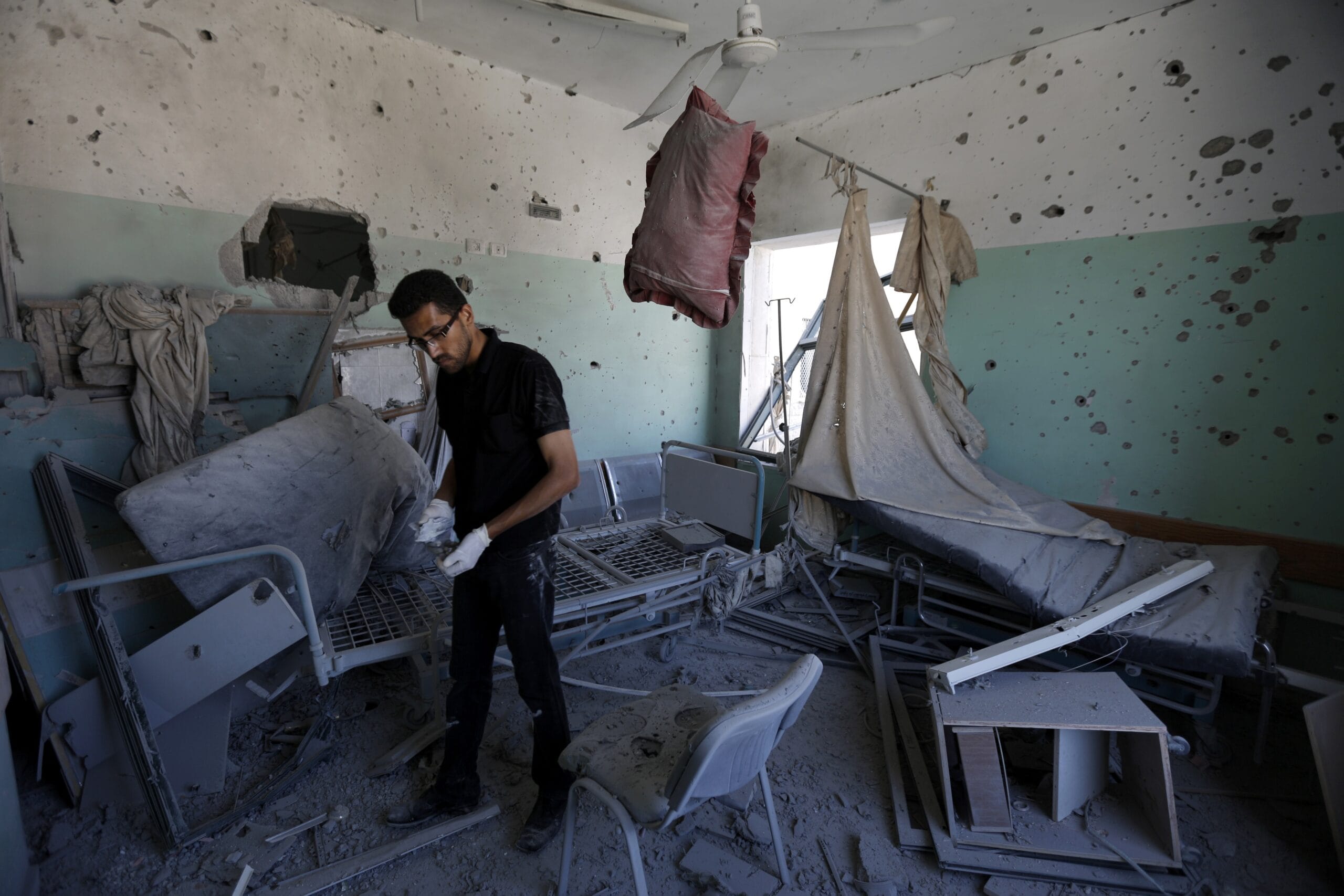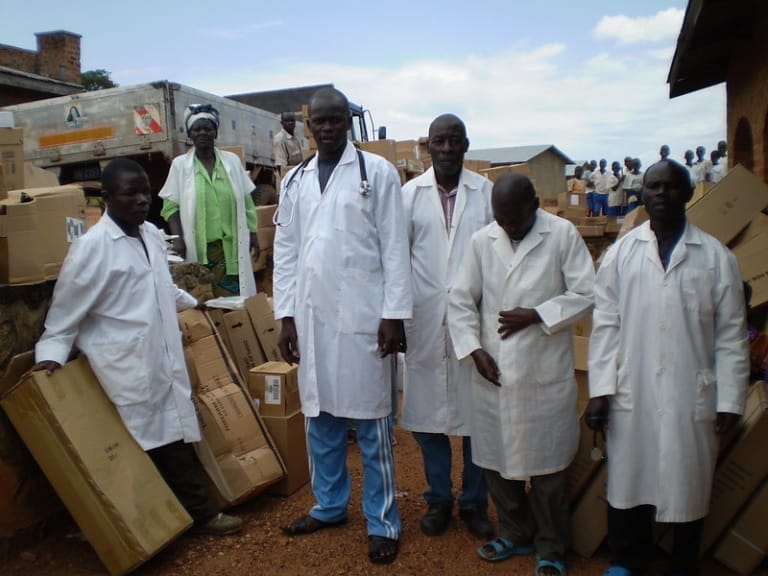The ongoing conflict in Gaza has escalated dramatically, resulting in a significant increase in casualties and overwhelming the region’s healthcare system. Reports indicate that Israeli forces have killed approximately 200 individuals over a three-day period, leading to a critical situation for hospitals that are already operating under severe constraints. The recent violence has drawn international attention, highlighting the urgent need for humanitarian assistance and a resolution to the ongoing hostilities.
Local hospitals are facing immense challenges as they attempt to care for the influx of injured and deceased individuals. Medical staff are working tirelessly to provide treatment, but they are hindered by a lack of resources, including medical supplies and equipment. The rapid increase in patients has strained the capacity of these facilities, leading to concerns about the quality of care that can be provided. Many hospitals report being overwhelmed, with staff working long hours under extreme pressure to treat those affected by the violence.
The situation in Gaza has been exacerbated by the ongoing blockade, which has limited access to essential medical supplies and has hindered the ability of healthcare providers to deliver adequate care. As the conflict continues, the humanitarian crisis deepens, with many individuals lacking access to basic healthcare services. The international community has expressed concern over the deteriorating conditions in Gaza and the urgent need for humanitarian aid.
Witnesses on the ground describe scenes of chaos as hospitals struggle to manage the influx of casualties. Emergency rooms are filled to capacity, and medical staff are forced to make difficult decisions regarding treatment priorities. The emotional toll on healthcare workers is significant, as they are confronted with the realities of war and the suffering of their patients. Many healthcare professionals have expressed their frustration and helplessness in the face of such overwhelming circumstances.
The recent spike in violence has also raised questions about the broader implications for peace and stability in the region. Analysts suggest that the escalation of hostilities may further complicate efforts to reach a ceasefire or negotiate a lasting resolution to the conflict. The loss of life and the humanitarian impact are likely to have long-term consequences for the people of Gaza and the surrounding areas.
In addition to the immediate healthcare challenges, the ongoing violence has disrupted essential services and infrastructure in Gaza. Access to clean water, electricity, and sanitation facilities has been severely impacted, further complicating the humanitarian situation. The combination of violence and infrastructure damage poses significant risks to public health and safety, leading to concerns about the potential for disease outbreaks and other health crises.
International organizations and humanitarian agencies are calling for an immediate ceasefire and increased access for aid workers to provide assistance to those in need. The situation in Gaza has drawn widespread condemnation from various quarters, with calls for accountability and a reassessment of policies that contribute to the ongoing cycle of violence. Human rights organizations have urged all parties involved to prioritize the protection of civilians and to adhere to international humanitarian law.
As the conflict continues, the plight of the people in Gaza remains a pressing concern. The loss of life, the suffering of the injured, and the overwhelming pressure on healthcare facilities are stark reminders of the human cost of war. The international community must respond to this crisis with urgency, ensuring that humanitarian aid reaches those who need it most and advocating for a peaceful resolution to the conflict.
In conclusion, the recent escalation of violence in Gaza has resulted in a tragic loss of life and has placed immense strain on the region’s healthcare system. As hospitals struggle to cope with the influx of casualties, the need for humanitarian assistance becomes increasingly urgent. The international community must take action to address the humanitarian crisis and work towards a sustainable resolution to the conflict that prioritizes the well-being of civilians.



